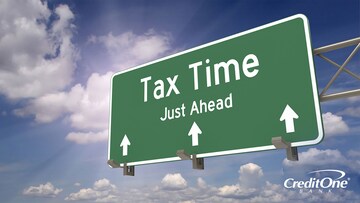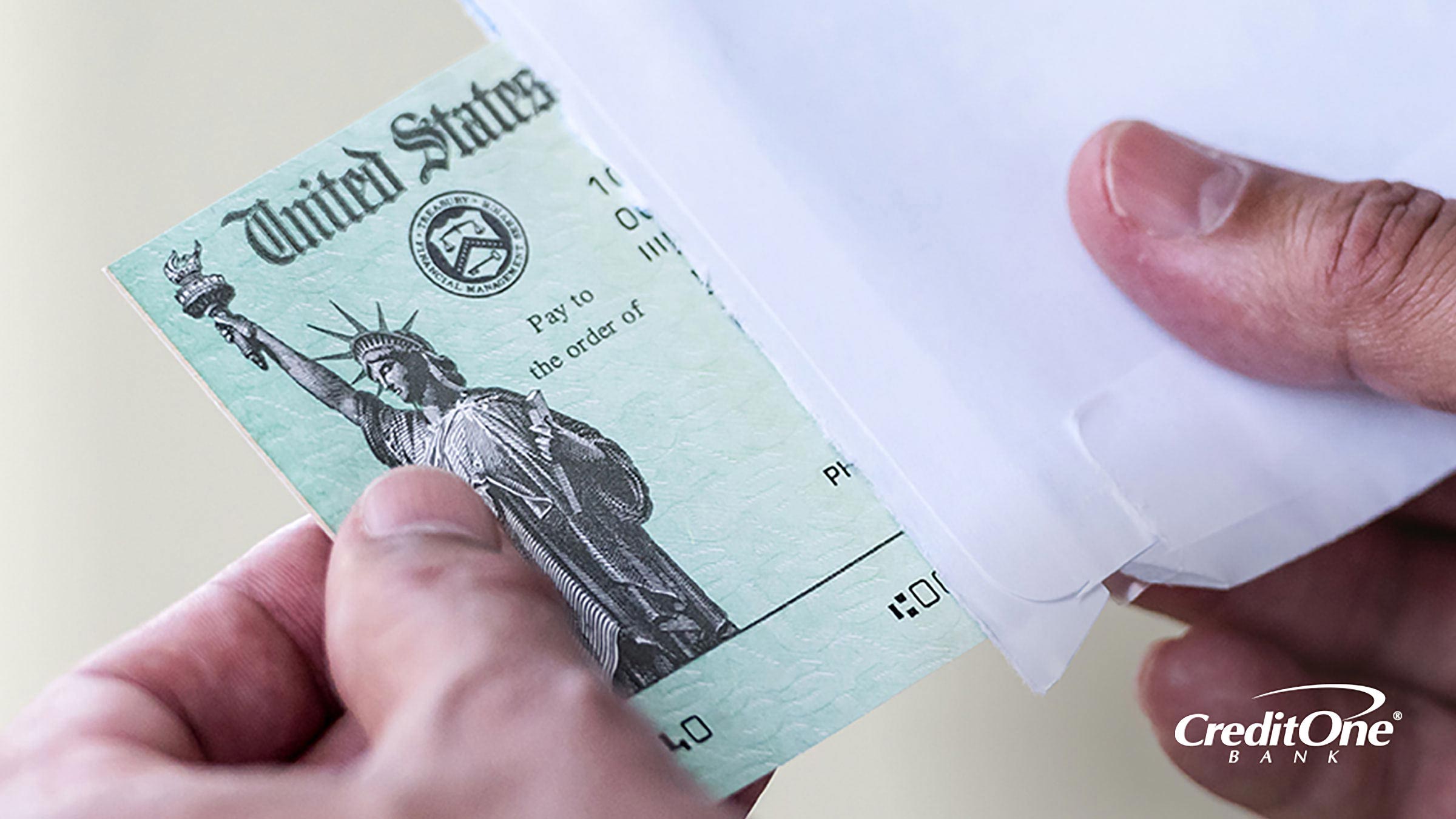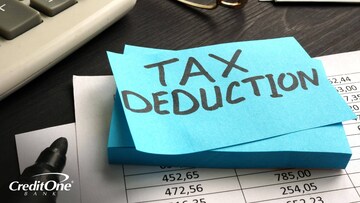
Approximately three-quarters of Americans get a tax refund each year, with the average refund totaling $3,000. If you’re one of these lucky folks, consider developing a plan for the money you’ll get back instead of just depositing it into your checking account and leaving it there—or using it to buy stuff you don’t really need.
Here are six ways you may be able to put your tax refund to better use.
1. Boost Your Emergency Fund
According to the Federal Reserve, four in 10 Americans are unable to pay cash for an unexpected expense of just $400. Without cash reserves to take care of life’s emergencies, people are more likely to borrow money to pay for unplanned expenses, which could lead to a cycle of debt that’s difficult to escape.
The best way to handle unexpected costs is to plan for them, because they will pop up, given how messy life can be. Setting aside a tax refund could provide you with necessary funds should your car break down, you need to take your child to the emergency room, or your roof starts leaking.
Experts typically recommend saving three to six months of your salary in an emergency fund, but every little bit helps. If you don’t have an emergency fund—or you do and its balance is running low—consider using your tax refund to start one or increase the balance of your existing fund. You’ll be glad you did the next time life throws you a curveball.
2. Pay Down High-Interest Debt
The average interest rate on credit cards that charged interest was 16.88% in November of 2019, according to Federal Reserve data. And the average rate on a personal loan with a two-year term was 10.21%.
Keeping up with high-interest debt payments can erode your ability to save money. If you’ve accumulated debt, using your tax refund to reduce the amount you owe, or pay it off completely, could improve your financial health. You’ll reduce or eliminate the amount of interest you pay, and it may free up cash that can be used to help you achieve your financial goals instead.
3. Contribute to Your Retirement Account
Most Americans aren’t saving enough for retirement. In fact, according to a GoBanking Rates survey, 64% of Americans are expected to have less than $10,000 saved in retirement accounts when they retire. That’s a scary thought when you consider that only 22% of Americans participate in a pension plan at work.
Without adequate savings, you’ll be financially unprepared for retirement. If you don’t already have a retirement account, you could use your tax refund to open one. And, if you’re already saving, think about adding your tax refund to your account to give it a boost.
4. Start a College Fund
Student loan debt topped $1.5 trillion last year, and more than 44 million Americans are now saddled with outstanding student loans. With so much debt to repay before they even have a job, it can be tough for graduates to save for other major life milestones. In fact, many millennials are putting off buying a house and getting married and having children as they work to pay off their student loans.
Fortunately, there are ways to pay for college other than taking out loans. Putting your tax refund in an account to be used for education expenses—such as a Coverdell Education Savings Account or a 529 plan—can help you save for your child’s college education. The more you set aside now, the less you or your child will have to take out in student loans to cover the costs of tuition, room and board, and other education-related expenses.
5. Make Home Improvements
Do you need a new roof or hot water heater? Did you know the average cost of replacing and installing a new water heater can set you back between $500 and $1,000? Making repairs and upgrades to your home can be costly, and saving up to pay out of pocket can be tough when you have other bills to pay. If you’ve got a tax refund coming, it can be a great way to pay for home improvement projects you’ve been putting off. Plus, taking care of that leaky roof or other project now could help prevent even more expensive repairs down the road.
6. Have a Little Fun
Paying down debt and saving money to achieve your financial goals can be hard work. But it’s important to enjoy the journey, so you have to have a little fun along the way. Just how much you can afford to spend on something you enjoy depends on your individual financial situation. But spending some of your hard-earned money to do things you enjoy—when it makes financial sense—helps remind you why it’s worth it to get your finances on track. And, as you continue to save money and improve your financial health, you’ll likely have more funds available to spend on doing the things you love.
If you’re getting a tax refund this year, don’t let that money dwindle away without anything to show for it. Before it hits your account, take some time to decide how you’ll use the money to your advantage.
Robert Lillegard started his wordsmithing career as a national food and travel writer for magazines like The New York Times, Outside, Cooking Light, and Midwest Living. As a contributor to Credit One Central, Robert has leveraged his expertise in taxes, budgeting, and building credit to create engaging content. When he’s not crafting a story or blog post, Robert spends his free time obsessing over producing the perfect loaf of bread at a Duluth-based artisanal bakery he co-owns.




